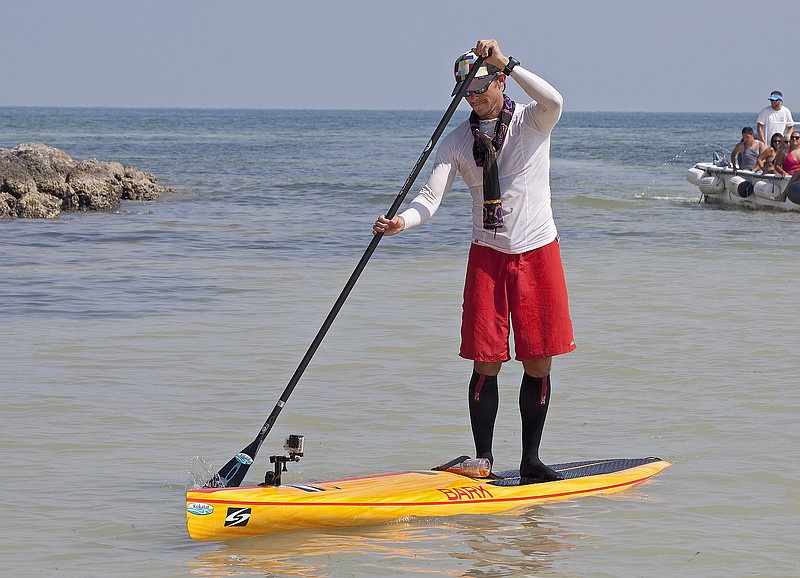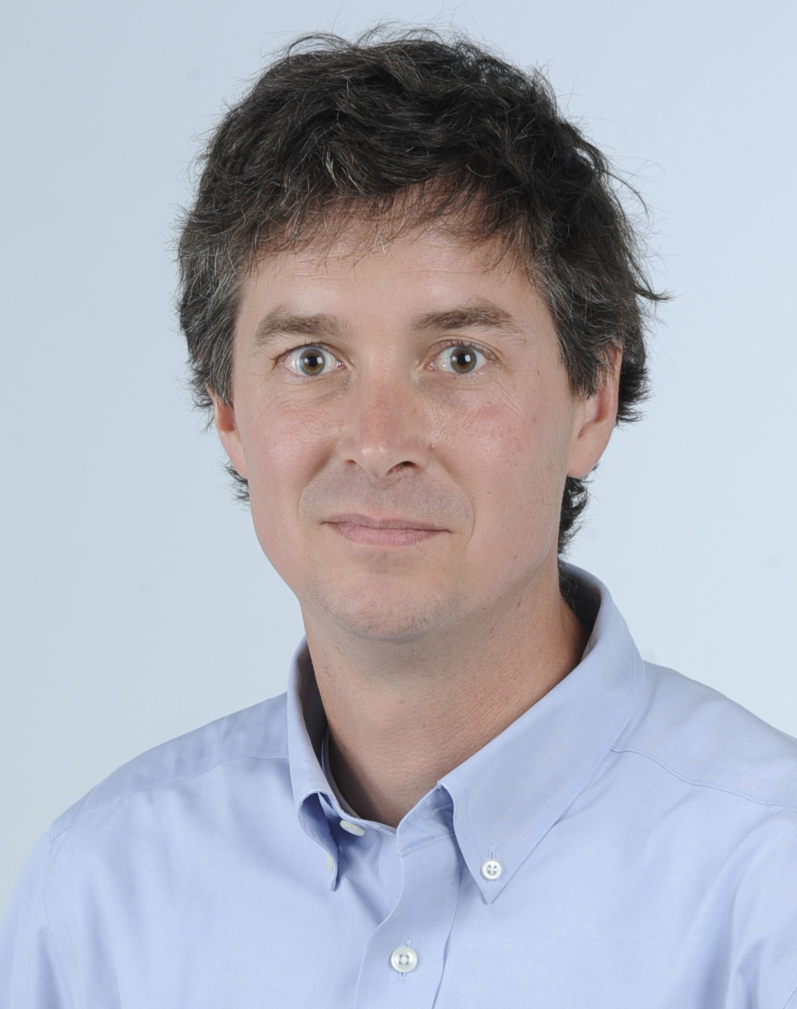Ben Friberg has become our area's most famous adventure-athlete. Last year, the stand-up paddle boarder set a world record by becoming the first to make it from the shores of Havana to Key West. Then, he SUP'ed more miles than anyone prior down the very beary Yukon River in Canada.
Back home, he asked himself: What now?
He eyed the Bering Strait. Then he looked toward the east, to the strait between Australia and Papua New Guinea.
There, he found what he was looking for.
It may be his most dangerous adventure yet.
"The Sepik River in Papua New Guinea," he said.
Here, let me help: go to Australia, then travel north until you come to an island slightly larger than California yet unlike it in nearly every way.
"The last road-less place on the globe," he said. "Some people still use stone tools."
Papua New Guinea is one of the largest islands on earth, with deep jungle beauty and thousands of different indigenous communities.
"Some of these communities have engaged in low-scale tribal conflict with their neighbors for millennia," the CIA reports.
In the third week of June, Friberg and partner Kimberly Sutton -- she was with him during the Cuba crossing, and a record-setter on the Yukon, too -- will fly into Port Moresby, the nation's capital that was once named the most dangerous place on Earth, and then skeedaddle out into the jungle, where a guide will meet them with a dugout canoe.
"A single canoe carved out of a tree trunk," said Friberg. "With an outboard motor."
Over the next 10 days, they'll travel as far as they can up the Sepik River, then turn around and take their inflatable stand-up paddle boards and paddle back.
A short list of what they expect to encounter along the way:
Tribal cultures and people who may -- just may -- have seen white people before, but not many.
Crocodiles as big as their paddle boards.
Mosquitoes, snakes, birds of every feather.
"For ornithologists, it's heaven," Friberg said.
Think he's crazy? Two strokes short of a paddle?
Lost his head?
Shhh. Don't say that.
Papua New Guinea has a history of headhunters.
"And cannibals," he said.
People have lived along the Sepik River for thousands of years -- many not traveling outside a three-mile radius, Friberg said -- which allowed them to develop an extensive system of languages.
"This country has 850 different languages. No place on the globe has more of a hotbed for language diversity," he said.
During their 10-day upriver journey, they could encounter dozens of different languages. Yet the one thing the tribes hold in universal respect?
"The crocodile," said Friberg.
Their guide is a member of the Crocodile Klan initiate. He's survived bloody initiation rites, which scarred his body in ways that resemble a crocodile. Among all the different tribes, he, as a crocodile initiate, is welcome.
And wherever their guide goes, Friberg and Sutton will be sure to follow.
"He's our liaison," he said.
Each afternoon, they'll paddle ashore, cautiously and humbly so that the villagers will welcome them for the night. They're bringing extra petroleum, cooking oil and rice for barter and welcoming gifts. Friberg and Sutton know the rules.
* Don't talk with women and children. Go directly to the oldest male.
* Firm handshakes. Plenty of eye contact.
* If invited in the spirit-house, do not sit in the seats reserved for the elders.
* Be humble.
Friberg isn't approaching this in some touristy, Heart-of-Darkness kind of way. For him, the trip is an act of humility and gratitude. As a stand-up paddle boarder, Papua New Guinea is the source.
"They've been stand-up paddle boarding for tens of thousands of years. They stand up in their canoes as they paddle them," he said.
It's beautiful to consider: Friberg and Sutton will be the farthest from home, yet actually quite at home.
No matter where we go on Earth, a river always runs through the heart of people.
Contact David Cook at dcook@timesfreepress.com or 423-757-6329. Follow him on Facebook at DavidCookTFP.

